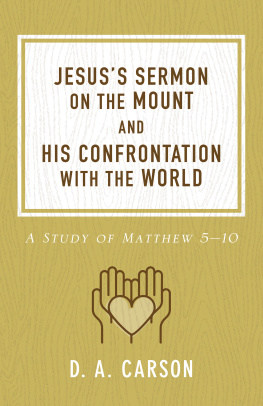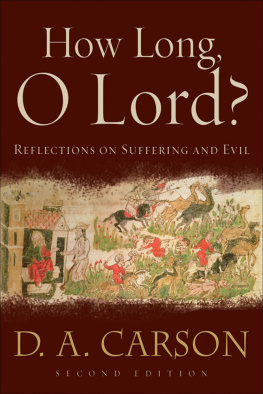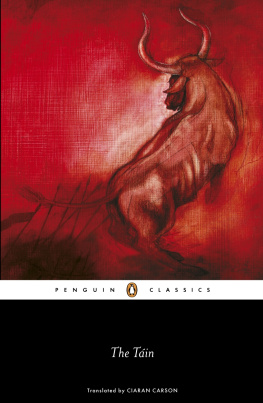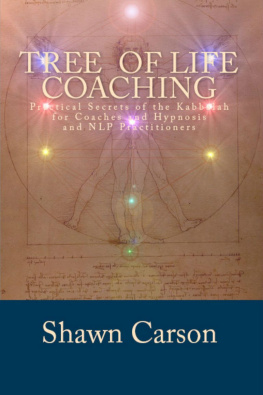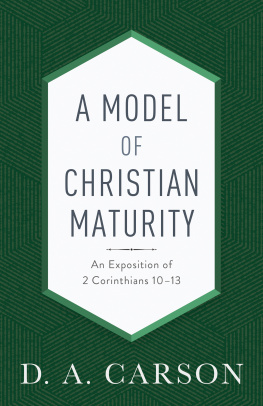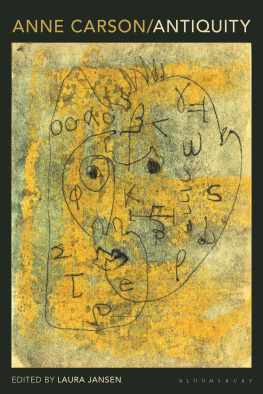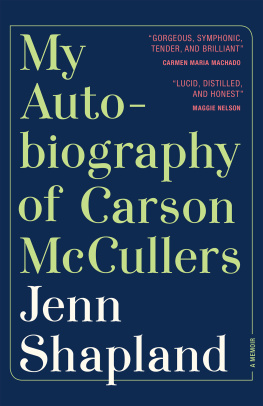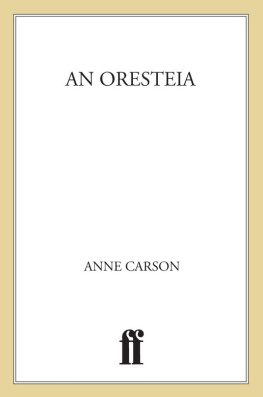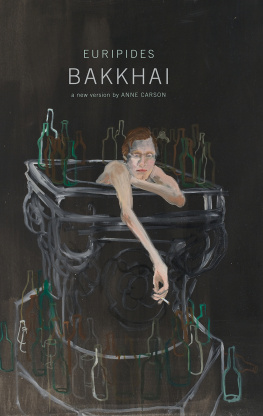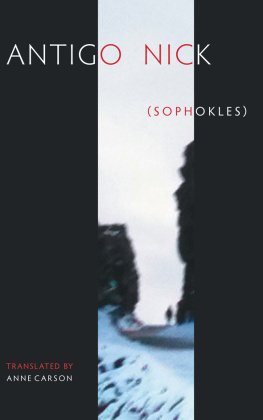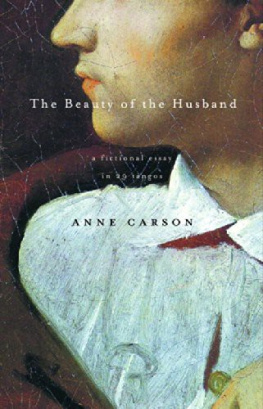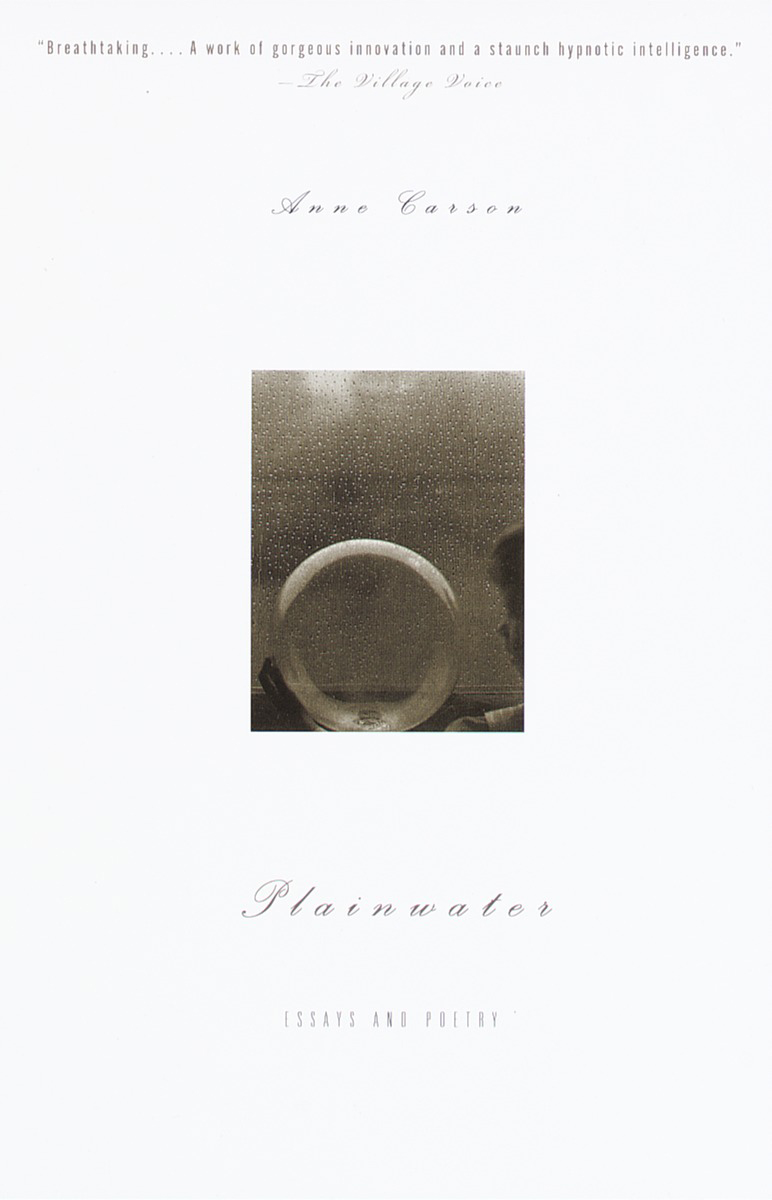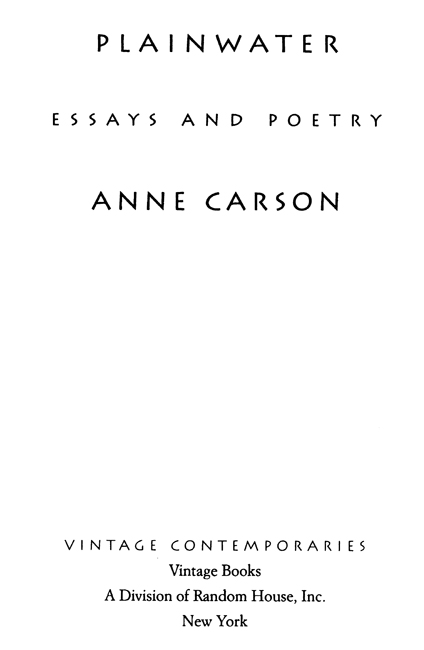FIRST VINTAGE CONTEMPORARIES EDITION, MARCH 2000
Copyright1995 by Anne Carson
All rights reserved under International and Pan-American Copyright Conventions. Published in the United States by Vintage Books, a division of Random House LLC, New York, and in Canada by Random House of Canada Limited, Toronto, Penguin Random House companies. Originally published in hardcover in the United States by Alfred A. Knopf, a division of Random House, Inc., New York, in 2001.
Owing to limitations of space, acknowledgments for permission to reprint previously published material may be found on .
Vintage is a registered trademark and Vintage Contemporaries and colophon are trademarks of Random House, Inc.
The Library of Congress has cataloged the Knopf edition as follows:
Carson, Anne.
Plainwater : essays and poetry / by Anne Carson.1st ed.
p. cm.
ISBN 0-679-43178-0
I. Title.
PS3553.A766P58 1995
814.54dc20 94-42900
CIP
eBook ISBN: 978-1-101-91127-3
Vintage ISBN: 0-375-70842-1
www.vintagebooks.com
Cover design: Carol Devine Carson
Cover photograph: Clarence White Royal Photographic Society/National Media Museum/Science & Society
v3.1
For Ben Sonnenberg / gentleman of the first water
Note to Readers of the eBook Edition
This book contains long lines of poetry. The line below is the longest in the book.
In the sixteenth century there were lines and there were perspectives.
If this line is breaking on your e-reader, please click here to view the book in its original print format, per the authors intent. You may also choose to decrease the font-size setting and/or view the book in landscape format until the entire line fits on your screen. This may not be possible on all e-reading devices.
CONTENTS
PART I
MIMNERMOS: THE BRAINSEX
PAINTINGS
fr. 1
What Is Life Without Aphrodite?
He seems an irrepressible hedonist as he asks his leading question.
Up to your honeybasket hilts in her oreor else
Death? for yes
how gentle it is to go swimming inside her the secret swimming
Of men and women but (no) then
the night hide toughens over it (no) then bandages
Crusted with old man smell (no) then
bowl gone black nor bud nor boys nor women nor sun no
Spores (no) at (no) all when
God nor hardstrut nothingness close
its fist on you.
fr. 2
All We as Leaves
He (following Homer) compares mans life with the leaves.
All we as leaves in the shock of it:
spring
one dull gold bounce and youre there.
You see the sun?I built that.
As a lad. The Fates lashing their tails in a corner.
But (let me think) wasnt it a hotel in Chicago
where I had the first of thosemy body walking out of the room
bent on some deadly errand
and me up on the ceiling just sort of fading out brainsex paintings I used to call them?
In the days when I (so to speak) painted.
Remember
that oddly wonderful chocolate we got in East
(as it was then) Berlin?
fr. 3
However Fair He May Once Have Been
In the offing he sees old age.
Yes lovely one its today forever now whats that shadow unzipping
your every childfingered wherefrom?
fr. 4
To Tithonos (Gods Gift)
For poor Tithonos.
They (on the one hand) made his chilly tears immortal neglecting to tell him
his eyes were not.
(853ff)
fr. 5
A Sudden Unspeakable Sweat Floweth Down My Skin
He gazes, perhaps he blames.
Sweat. Its just sweat. But I do like to look at them.
Youth is a dream where I go every night
and wake with just this little jumping bunch of arteries
in my hand.
Hard, darling, to be sent behind their borders.
Carrying a stone in each eye.
fr. 6
Betwixt Thee and Me Let There Be Truth
Despite his professed cult of youth and pleasure, he knows moral worry.
At the border crossing all I could hear was your pulse
and the wind combing along my earbone
like antimatter.
fr. 8
For Suns Portion Is Toil All His Days
He looks to myth.
Look: up every bone every sky every day every you
He goes working His
way up blue earlobes from ocean goes
thrown by rosesudden someones
already tomorrow goes riding His bed of daysided gold goes
skimming
sleep countries from west to east until sudden
rosestopped someones
already earliness opens the back of the clock: He
steps in.
fr. 11
Would That Death Might Overtake Me
He sings of birthdays.
No disease no dreamflat famine fields just a knock on the door
at the age of threescore: done.
fr. 12
When Mountains Dove Sideways
He tells of Kolophon colonized from the mainland.
When mountains dove sideways from Pylos
we came to Asia in ships
to Kolophon chiseled our way
sat down like hard knots
then from there
made a slit in the red river dusk and
took Smyrna
for God.
fr. 13(a)
So They from the Kings Side
He sees the warriors move.
So they from the kings side when they got the order
went rushingin their own hollow shields socketed.
fr. 14
None Such as Him
He looks to memory.
None such:
amid the butting bulls none such on the death flanks of
Hermos.
None.
Those elders who saw him saw the source points.
It stung God.
They say his spinal cord ran straight out of the sun.
fr. 15
He is troubled by words.
in public words formed a clump in him.
fr. 16
Troubled.
always the hard word box they wanted.
fr. 22
Half Moon
He awakens early.
Half moon through the pines at dawn
sharp as a girls ribcage.
fr. 23
Why does motion sadden him?
a lame man knows the sex act best
Mimnermos and the Motions of Hedonism
I can swim like the others only I have a better memory than the others, I have not forgotten my former inability to swim. But since I have not forgotten it my ability to swim is of no avail and I cannot swim after all.
Kafka
Relocation among the substances that have us as humans is his subject. People call it hedonism. That is like summing up Kafka as a poor swimmer. If we consider the total somatosensory system of Mimnermoss poetry, it is true we see the windows glow in turn with boys and flesh and dawn and women and the blue lips of ocean. It is true he likes to get the sun into every poem. But the poets task, Kafka says, is to lead the isolated human being into the infinite life, the contingent into the lawful. What streams out of Mimnermoss suns are the laws that attach us to all luminous things. Of which the first is time.


